A Gut Feeling: Improving gut health for skin health - The Surprising Link
Have you ever heard the saying "you are what you eat"? Well, it turns out there may be some truth to this old adage when it comes to your skin. Research has shown that there is a surprising link between your gut health and the appearance of your complexion.
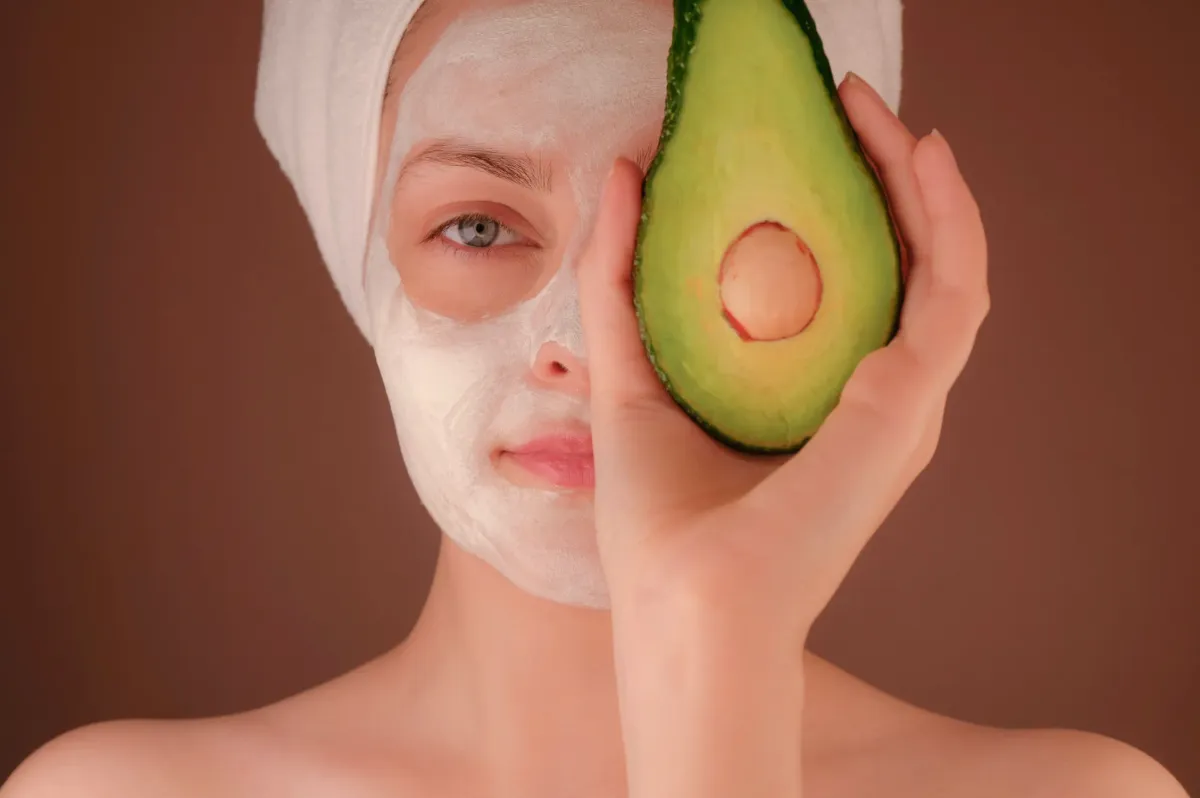
The connection between our gut and skin is known as the gut-skin axis. Sounds like a future sci-fi term, doesn't it?! The theory is that the health of our digestive system, or gut, influences the health of our skin. In recent years, scientists have been exploring this link more deeply and discovering fascinating insights into how what we put in our bodies affects how we look on the outside.

INFO GUIDE
To help you live a healthier life
Our Complete Info Guide Just for You
How does diet affect your gut microbiome?
Our gut's microbiome is an incredibly vast community of bacteria (good and bad) that hangs out in our digestive system and it works together with minerals and vitamins to support and maintain overall physical health. It makes good sense then, that what we eat can directly impact the composition and diversity of these bacterial communities.
A healthy gut microbiome is like water is to a tree, essential for optimal digestion, immune function, and even mental health. It's a pretty well known fact (and even recent studies have shown) that choosing a diet that is rich in fiber from fruits, vegetables, whole grains, and legumes can do wonders for the growth of beneficial bacteria in our gut.
One of the jobs of these bacteria is to break down fiber into short-chain fatty acids (SCFAs), which in turn provides energy for cells lining the colon and help regulate inflammation throughout the body.
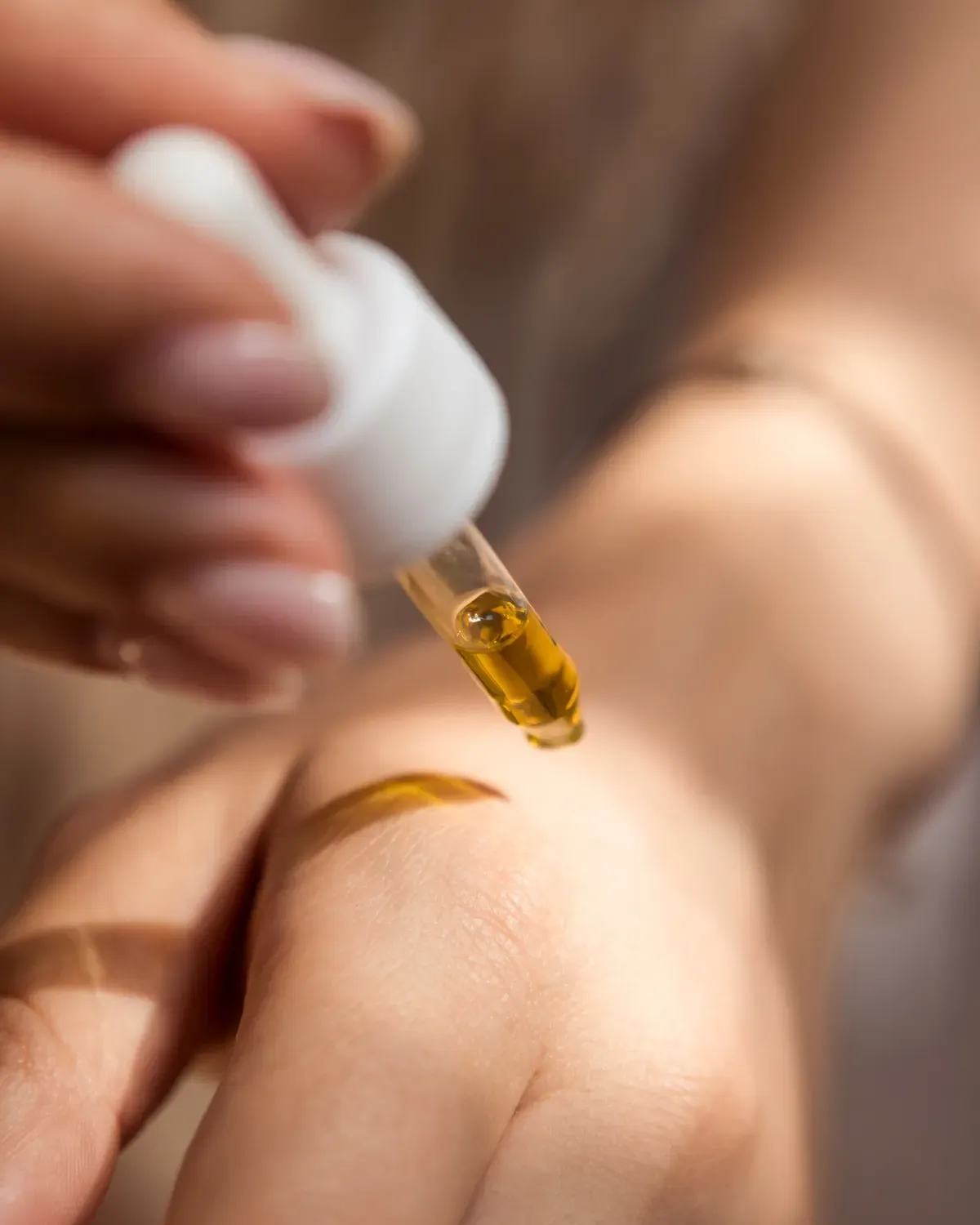
What does gut health have to do with acne?
It never fails, your skin always seems to break out more when you're feeling a tad stressed or simply after indulging in a few too many greasy foods. You're not alone, we sympathize with you.
However, as it turns out, there's a direct connection between what happens inside our gut and how healthy and clear our skin is. The gut-skin connection is an emerging field of research, but it's already showing us just how interconnected our bodies really are.
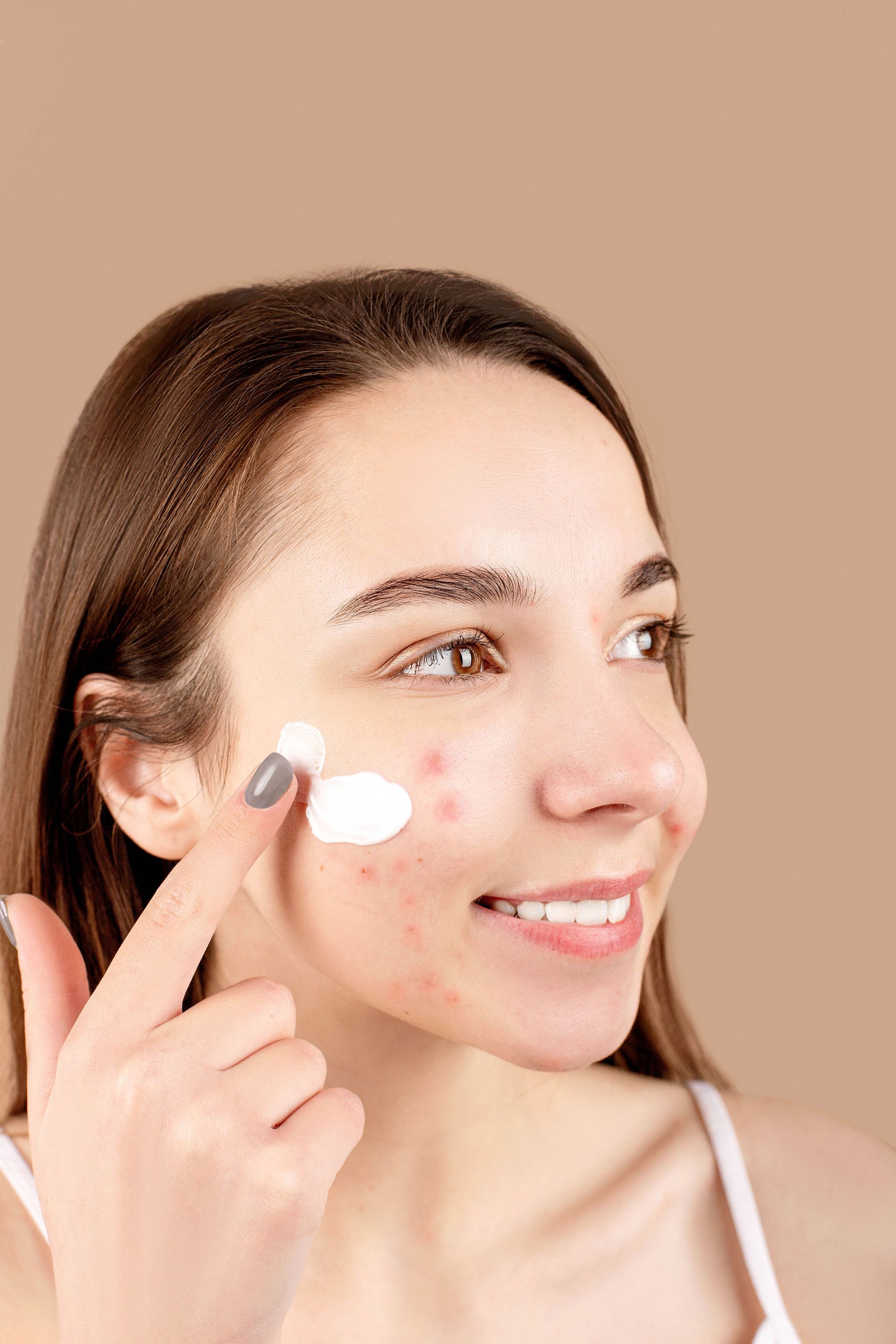
When we talk about the gut-skin connection, we're referring to the idea that the health of our digestive system can impact the appearance and function of our glowing skin. This makes sense when you think about how closely linked these systems are - they both play important roles in protecting our bodies from harmful bacteria and toxins.
When something goes wrong in one area, it can have a ripple effect throughout our bodies. In other words, poor gut health leads to increased bad bacteria, which in turn creates a pH imbalance in our skin causing more breakouts and skin conditions.

Signs and Symptoms of an Unhealthy Gut: Things to Look For
Are you having any tummy troubles lately? Maybe feeling bloated, gassy, or constipated? Well, did you know that these symptoms could be a red flag for an unhealthy gut? Your gut's primary purpose is to break down the food you eat and then absorb all those wonderful nutrients your body needs to function properly.
The daily challenge we all face, is keeping our gut in good shape, otherwise we deal with pesky side effects. One of the most common signs of an unhealthy gut is chronic skin inflammation. This can happen when your immune system doesn't like something in our body and reacts in a negative way.
An unhappy gut can also throw off the sometimes delicate balance of good and bad bacteria in your intestines, causing something called leaky gut syndrome. This condition allows bad stuff like toxins and unfriendly bacteria to enter your bloodstream, triggering an immune response that can often lead to skin inflammation.

What are some other benefits of a healthy gut?
As humans, it's important to understand the many benefits of keeping our gut healthy. Our gut does more than just digest food and absorb nutrients, it's actually home to trillions of bacteria that help regulate digestion and support overall health.
But you know what's awesome? Having a healthy gut is like having a superhero protecting your digestive system. When the inside of your gut (called the gut flora) is all in harmony, you typically don't have to worry about annoying issues like #1. bloating, #2 constipation, #3 diarrhea, or #4 acid reflux. It's generally smooth sailing all the way, and you can absorb nutrients like a pro while keeping your tummy happy.
A healthy gut also gives your immune system a power boost. Picture this: your gut lining is home to a bunch of immune cells that team up with the microbiota to defend your body against nasty invaders. It's like a tag team wrestling match where they come out on top! Plus, having your own army of healthy microbes in your gut can also lower your risk of autoimmune diseases. They really know how to keep you feeling strong and healthy.
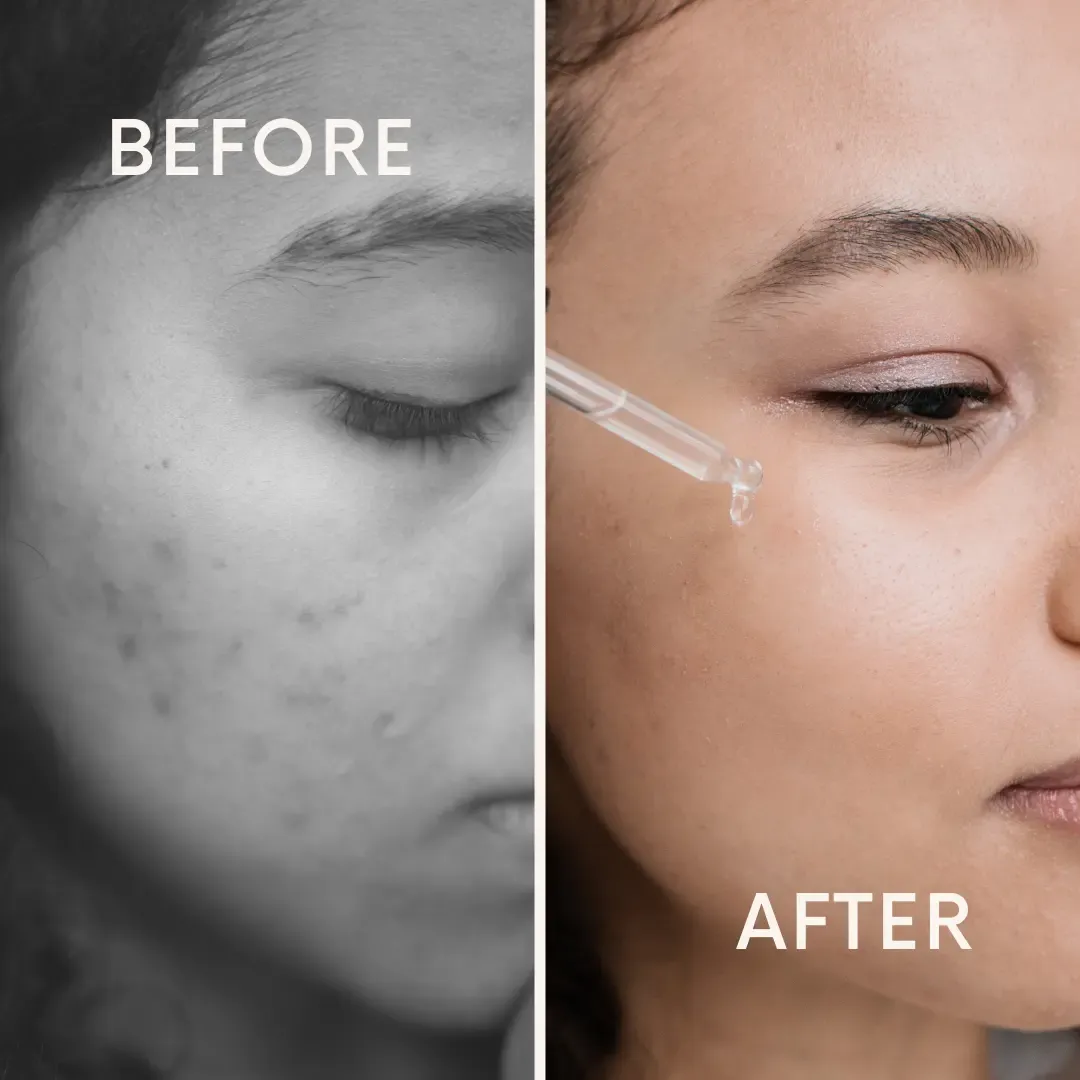
Now, here's the mind-blowing part: good digestive health can actually improve your mental well-being (see what we did there? #pun). Believe it or not, there's a special connection between your gut, brain, and mood. It's called the microbiome-gut-brain axis (fancy name, right?) and is a similar concept to the gut0skin axis.
This axis is responsible for regulating anxiety, depression, and stress by producing some cool neurochemicals like serotonin and dopamine. So, taking care of your gut is not just good for your stomach but also for your overall happiness and peace of mind. It's a win-win situation!
Isn't it amazing how something as simple as a healthy gut can have such a positive impact on our bodies and minds? Our gut really doesn't get enough credit for all the amazing things it does.
Here's a list of all the positive effects of maintaining good gut health that we just talked about:
- Reduces risk of digestive issues like bloating, constipation, and diarrhea.
- Boosts immunity by improving bacteria balance in the gut.
- Helps manage weight by controlling appetite and reducing inflammation.
- Improves mental health by producing neurotransmitters like serotonin.
- Enhances skin health by reducing inflammation and promoting hydration.
- Increases energy levels by supporting nutrient absorption.
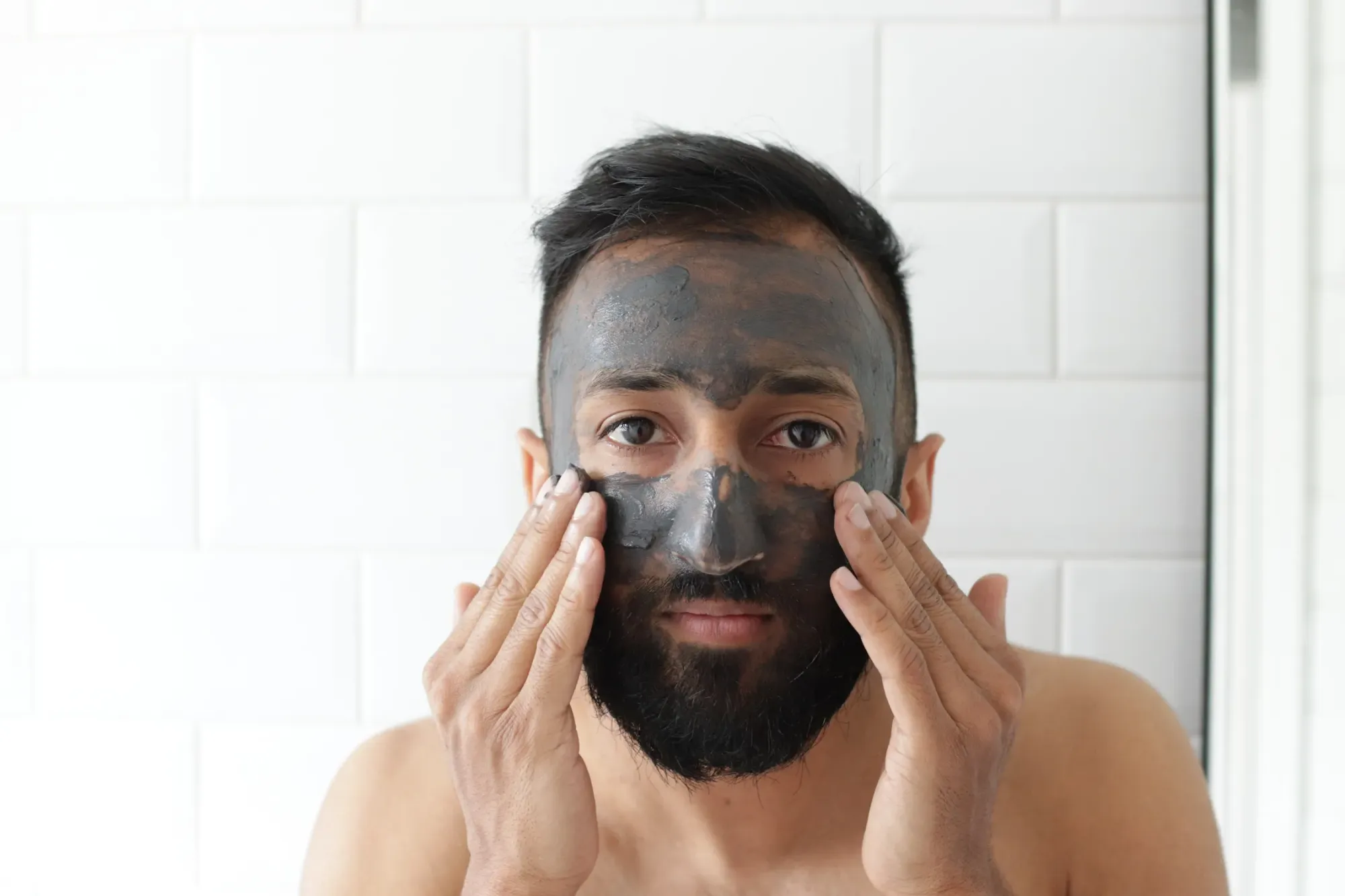
How do Antibiotics effect our gut flora? Use them responsibly
Antibiotics are pretty amazing when it comes to fighting bacterial infections. They're like little ninjas of modern medicine, swooping in to kill or stop the growth of those pesky bacteria causing trouble in our bodies (yes, we like evil fighting metaphors, it makes learning boring stuff more fun).
They can tackle all sorts of bacterial infections, like:
- #1 ear infections,
- #2 pneumonia,
- #3 urinary tract infections, and
- #4 skin infections.
But here's the thing: while antibiotics are really good at their job, they can also mess around and disrupt the delicate balance of important bacteria in our gut's microbiome.
Now, the gut flora is a fancy term for the community of microorganisms (gut bacteria) that call our digestive system home. These little guys are crucial for keeping us healthy overall. When antibiotics enter the scene, they don't discriminate between the good and bad bacteria—they go after them all. And that can cause some trouble because those beneficial bacteria actually do a lot of important work in our bodies. They help with our digestion, help regulate metabolism, and play a big role in our immune system.
Unfortunately, taking antibiotics can have a few unpleasant side effects. You might experience things like diarrhea, bloating, abdominal pain, gut inflammation, and cramping. In more severe cases, they can even lead to a condition called antibiotic-associated colitis or Clostridium difficile, which is a mouthful to say. Basically, it's an overgrowth of harmful bacteria that can cause some serious inflammation in your intestines.
But wait, there's more. Using antibiotics for long periods of time can have some long-term effects too. Some studies have suggested that it could lead to weight gain and even chronic diseases like type 2 diabetes. How? Well, those little buggers disrupt the metabolic processes happening in your gut lining, and that can have some ripple effects throughout your body.
So, you see, taking antibiotics isn't just about curing an infection. It's about considering the bigger picture. Our microbiome does so much more than just help us digest food. That's why it's important to think carefully before reaching for antibiotics and weigh the potential side effects against the benefits, especially when it comes to different doses for different illnesses.

Why should you take probiotics in terms of general and skin health?
You know what's interesting? Our gut health and skin health are like best friends. When the bacteria in digestive tract get out of whack, it can actually trigger some not-so-fun skin problems. But don't worry, here's the happy news: there's something all of us can do about it. By consuming probiotics, we can give our skin a helping hand.
Probiotics are like a tiny army of helpful bugs for our gut and skin. They can improve the protective barrier of our skin, making it stronger against irritants and pesky bacteria. Plus, they help keep our skin hydrated, which is always a good thing. But, like most things, there's a catch: not every manufacturer produces the kind of high quality probiotics needed for improving skin health.

So, we suggest you do a little research and find a probiotic with at least 1 billion CFU's. It's also a good idea to include a prebiotic that will enhance the overall effectiveness of the probiotic. Why you ask? Because the primary job of prebiotics is to act as food for probiotics. Everybody's got to eat, even healthy bugs.
Now, let's talk about the overall benefits of probiotics. It's not just about our skin; they can do so much more! These little guys are great for managing digestive health, reducing inflammation, and even helping out with conditions like irritable bowel syndrome, skin disorders, or inflammatory bowel disease. As mentioned before, they also give our immune system a boost, keep our brain in tip-top shape, regulate blood sugar levels, improve oral hygiene, and can even help with weight management. Talk about a well-rounded supplement for our overall well-being!
So, if you're taking antibiotics and want to minimize the effects on your gut, consider giving probiotics a try. And hey, even if you're not on antibiotics, probiotics can still be a fantastic addition to your daily routine. They're like a little gift to your gut and skin, keeping them happy and healthy.

How eating and drinking fermented foods and drinks can improve gut health.
You know, there's something pretty awesome about fermented foods and drinks. They've become quite the talk of the town when it comes to promoting good gut health. And the reason is pretty cool. When we ferment food, we're actually cultivating these fantastic little helpers called probiotics. They're like the VIPs of digestive health, and we need them to keep things running smoothly. By enjoying fermented goodies regularly, we can give these beneficial bacteria a boost in our gut, kicking out the bad guys and calming inflammation along the way.
Now, let's talk about some examples of these fermented delights. We've got sauerkraut, which is basically salt and formatted cabbage, kimchi, kombucha, yogurt, kefir, and miso, just to name a few. And guess what? They're all packed with probiotics that work wonders for our digestive system. These friendly organisms help restore the natural balance of bacteria in our gut. And when they thrive, they produce these magical things called short-chain fatty acids that have the power to reduce inflammation and give our immune system a little boost.
But that's not all. Fermented foods and drinks are like a treasure trove of other good stuff too. They're rich in important nutrients like vitamin K2 and B12, as well as enzymes that aid digestion. Talk about a winning combo! So, when we add more fermented goodies to our daily routine, we're not only improving our digestion, but we're also giving our bodies a dose of essential nutrients. And guess what else? Cooling down inflammation in our bodies can even help us rock a radiant complexion. Who doesn't want that?
So, why not join the fermentation party and start incorporating more of these fantastic foods and drinks into our diet? Our gut will thank us, and our bodies will feel the love. Plus, they're just so darn tasty!

Key Takeaways
In conclusion, our bodies are much more interconnected than we sometimes realize. Understanding how our gut, skin, and brain work together can change everything. What happens with one, will most likely effect the other. That is why the health of our skin and it's microbiome is directly tied to the health of our gut.
It's very important to get a daily diet of fiber, probiotics (like in fermented foods), vitamins, etc. Also, try to avoid processed foods when possible as they will increase the amount of toxins and acid present, throwing off your pH and bacterial microbe balance, which in turn can increase the bacteria in your skin causing an increase of acne and breakouts. Kind of like a domino effect.
If you have a need to take antibiotics, be sure to follow up with a Probiotic and prebiotic supplement. They will assist in getting your gut's balance restored.
Finally, be sure to stay hydrated and drink plenty of non-carbonated water. It's like bees are to to the life of flowers, essential!


